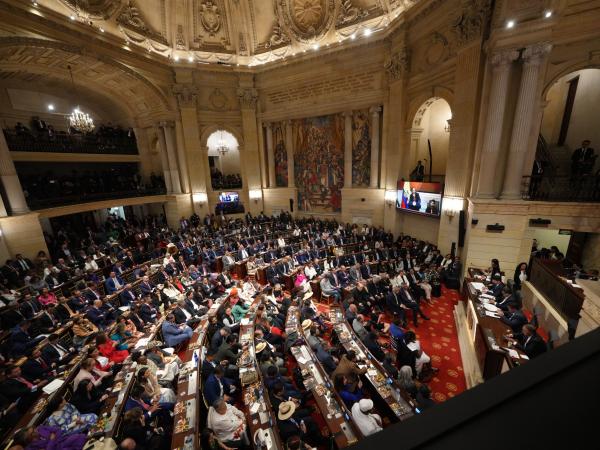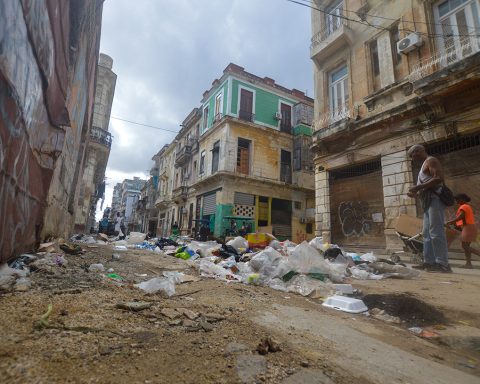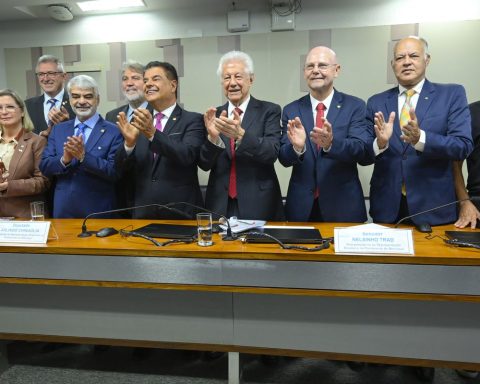On July 20, President Gustavo Petro inaugurated the new session of the Congress of the Republic.
(Read more: The Government’s successes and failures at the end of the second legislative period)
During this legislature Some key projects will be discussed such as the introduction of the education and health reforms in a second attempt by the Government to push them through. Added to this is the continuation of the process of the labour reform, the economic reactivation plan and the ‘fast track’ proposal, one of the points that has generated the most debate.
In the case of this last initiative, Germán Camilo Prieto, associate professor of the Faculty of Political Science and International Relations of the Universidad Javeriana, explains that This mechanism allows reforms to be made to the Constitution without the eight debates which requires the approval of a legislative project. In this sense, the Executive would seek to use it considering that through ordinary means it has not been possible to advance in the reforms necessary to comply with the Peace Agreement signed in 2016.
The list of projects that would be the focus of debate during this legislative period includes other proposals. According to the expert, some of these would be related to energy transition, illegal mining and other environmental issues. There is also the possibility of opening a discussion on a possible reform of the justice system.
(Read more: The Congress that the National Government will meet with the new legislature)
Congress of the republic
Cesar Melgarejo / THE TIME
(See: The Congress that the National Government will meet with the new legislature)
“The Government has been very clear about its priorities, and these are labor, education reform, health reform, and the reforms that need to be made to comply with the Peace Agreement with the extinct FARC, and that is already a fairly broad agenda that has a very important scope in terms of reforming the functioning of these sectors in Colombia,” Prieto highlights.
However, according to a report by the firms LLYC and Dattis, the Executive must work hard to obtain the support of the political sectors that have not managed to align themselves with the projects presented. Added to this is the need to recognize the agreements reached at the beginning of the 2022-2026 period. and the role that the Constitutional Court will play in giving its approval.
(More news: Reactivation and reforms: Government priorities in the new legislative period)
BRIEFCASE

















